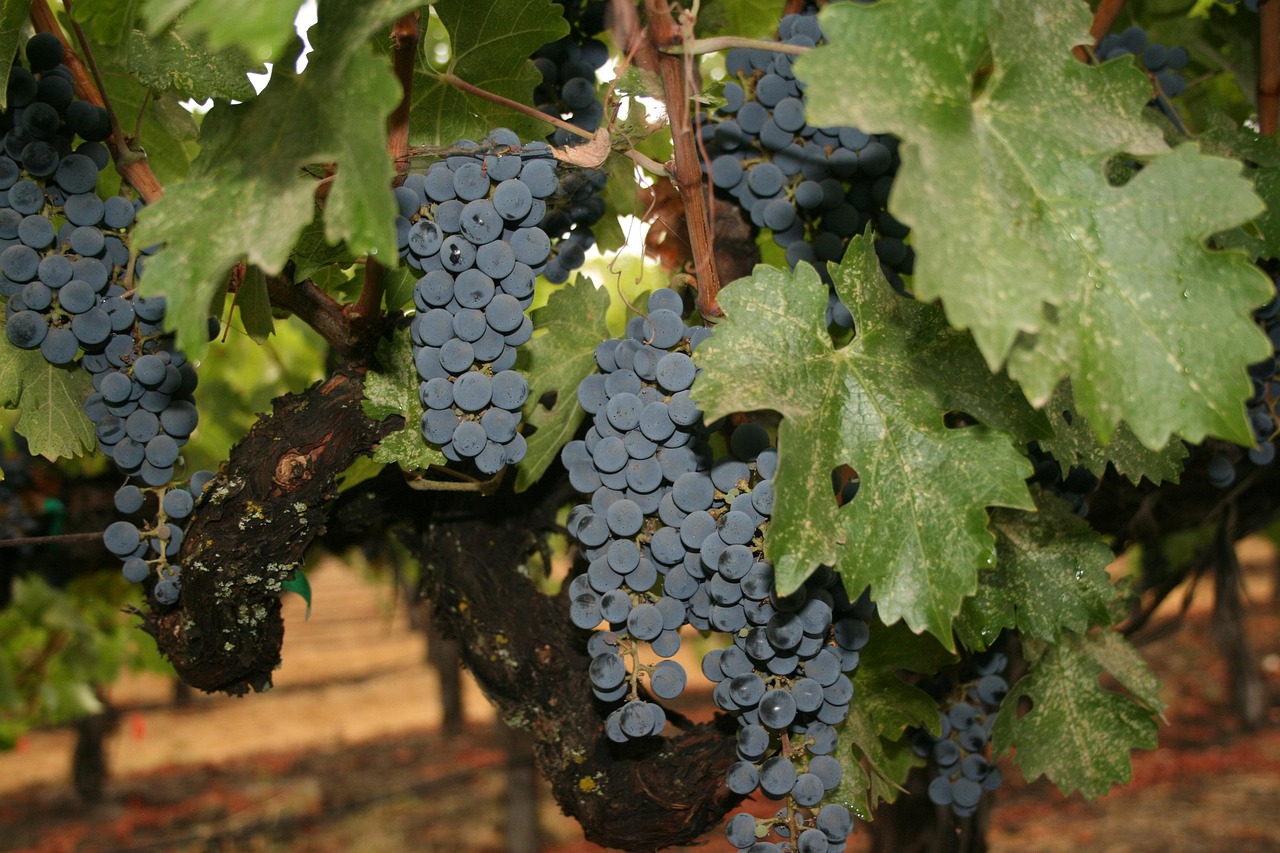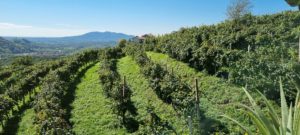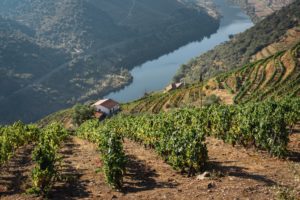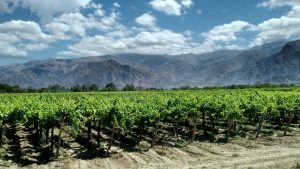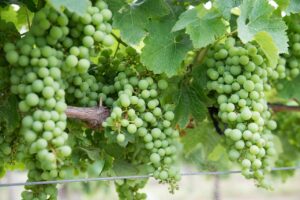When talking about wine and sustainability, Frog’s Leap in Napa Valley is one of the best examples of how great wine and environmental responsibility can go hand in hand. This sustainable winery has built its reputation not only on excellent wines but also on its deep commitment to the land, community, and climate.
A Legacy of Sustainability
Founded in 1981 by John Williams, Frog’s Leap was one of the first wineries in Napa Valley to embrace organic viticulture. Long before sustainability became a trend, this winery was leading the way in farming methods that protect the soil, conserve water, and reduce chemical use.
Today, Frog’s Leap is Certified Organic by CCOF and uses dry farming practices—meaning the vines are grown without irrigation. This not only saves water in drought-prone California but also produces deeper-rooted vines and more flavorful grapes.
Eco-Friendly Farming and Energy Use
Frog’s Leap goes beyond organic farming. Their vineyards are managed with cover crops, composting, and natural pest control, creating a thriving ecosystem in every row. They also incorporate biodynamic principles, focusing on soil health, vineyard biodiversity, and lunar cycles for farming decisions.
Sustainability is also key to their winery operations. The winery is powered by 100% solar energy, and buildings are designed for natural temperature control, reducing the need for artificial cooling. They’ve even installed geothermal heating and cooling systems, showing a serious commitment to reducing their carbon footprint.
Wines That Reflect the Land
Frog’s Leap is known for producing balanced, food-friendly wines that respect the character of the grape and the soil. Their portfolio includes classic Napa varietals such as:
Merlot
Zinfandel
Chardonnay
Sauvignon Blanc
These wines are made with a philosophy of minimal intervention. No synthetic additives, no heavy oak masking—just clean, expressive wines that reflect the terroir and the seasons.
Why Frog’s Leap Matters
Frog’s Leap is more than a winery—it’s a model for what the future of wine can look like. Their sustainable practices not only protect the environment but also produce wines of exceptional quality. They also support local labor, maintain biodiversity, and educate visitors about the importance of ecological responsibility.
Conclusion
If you’re a wine lover who cares about the planet, Frog’s Leap is a winery to know and support. Their commitment to sustainability—both in the vineyard and the cellar—proves that great wine doesn’t come at the cost of the earth. In fact, it tastes better because of it.

